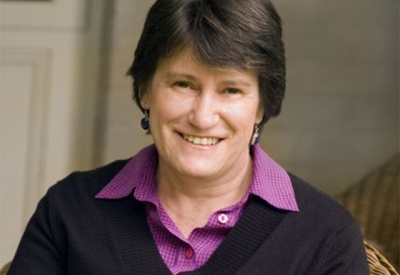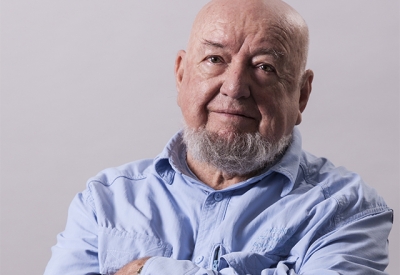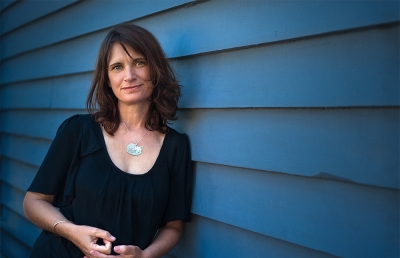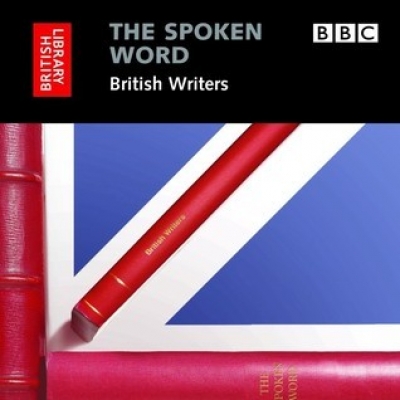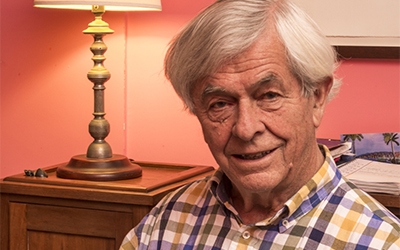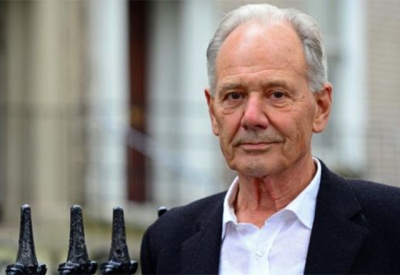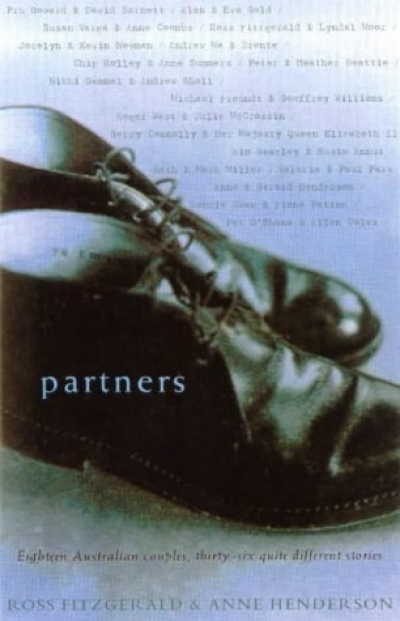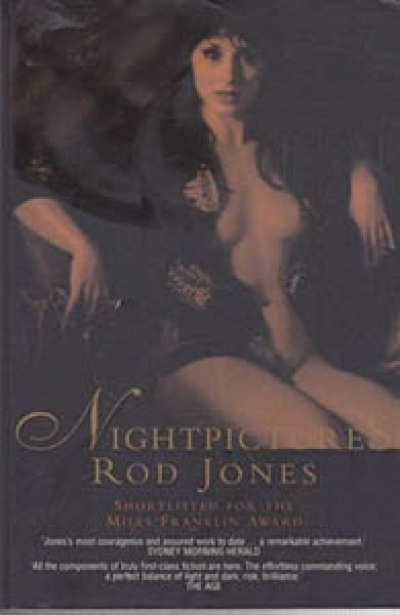Interviews
I wish we had critics reviewing books who weren’t writers or academics but who were simply passionate readers involved in various walks of life. At present, criticism seems a mixed bag. Some reviewers are terrific, others seem to merely describe rather than come to grips adequately with what they are reviewing.
... (read more)Many of my dreams have to do with the sea. Sometimes they concern Antarctica, an exciting prelude to going into the interior with other people.
... (read more)A Confederacy of Dunces always makes me laugh. The book I’ve read the most number of times is a collection of essays about animals and insects called The Red Hourglass, by Gordon Grice.
... (read more)Why do you write?
It seems to be the only way I can make sense of things. I am often surprised that everybody doesn’t feel like this. It is such a profound thrill to work with fiction and to see the patterns emerge, to feel the rhythm of the story as it develops.
Are you a vivid dreamer?
There’s a thing that happens – I am asleep, but I seem to be awake watching a full colour dramatisation on a kind of screen. If I shut my eyes the scene disappears, but when I open them, it resumes and does not stop.
... (read more)Reviewing is normally a pleasurable activity, but it’s not often so absurdly enjoyable as listening to the three CDs at issue here. These are a treasure house of British writers whose lives span 150 years. Authors from Arthur Conan Doyle to Muriel Spark, to name the first and last interviewees (1930 and 1989), can be heard talking about the art and craft of their profession. Perhaps because we now live in such a celebrity-conscious age, I kept marvelling to myself: that’s G.K. Chesterton’s or Graham Greene’s actual voice I’m hearing.
Noël Coward is caught for a few questions on the run at Heathrow; Virginia Woolf reads from a prepared script. The approach for most of the rest lies somewhere in between, as the big names are encouraged by interviewers of varying degrees of intrusiveness and deference. So Kenneth Tynan fields Harold Pinter almost as a mate, the somewhat hectoring Walter Allen addresses C.P. Snow as ‘Charles’, while Frank Kermode calls the author of Lord of the Flies ‘Golding’. Some just introduce their subjects and leave it up to them; others, most notably George MacBeth when interviewing J.G. Ballard, see themselves as co-stars.
... (read more)Are you a vivid dreamer?
Yes, in general I am, but I have three kinds of dream: those that are dully bureaucratic at root; those that revisit the emblematic landscapes or cities of earlier dreams; and wild, coloured dreams with a green welcoming ocean or dark monsters.
... (read more)At the moment, my hero is Rimbaud’s self in his Les Illuminations. Who knows who it will be tomorrow? And my heroine? Always Lo.
... (read more)Ramona Koval: I once had a conversation with an Australian writer who envied my parents’ war experience and refugee tales, because he said at least you have something to write about. But in this memoir you have proved that an Australian beach-based childhood can be as compelling and strange and moving as any European story. This Australian story had been brewing for a while, hadn’t it?
Robert Drewe: It had certainly been brewing for a long time. I have written novels touching on this period. But for some reason, perhaps because of the rather harrowing experiences of my family at the time, I had pushed it aside. But in the end I found it was more and more on my mind. I realised that my whole generation of people growing up in Perth were still subject to the same myth. I decided finally to deal with it in the manner I have.
... (read more)In Partners, the unstated question is how relationships can last if they are equal – that is if they are free as well as binding. There’s a suggestion that it was easier in the old hetero-patriarchal marriages where our parents accepted inequality and could turn to authority, within and outside the relationship, to see that it lasted. Not that most of the contributors address the question directly. But in the background, there’s the cheerful assumption that getting into partnership, not into marriage, we’re getting into equality as well – an assumption that’s not borne out by the stories we’re told in the book. Maybe we are freer (at least from outside interference) and more equal than we were; but almost every partnership here turns on, is said to turn on, unequal devotion, one partner devoted, the other devotee.
... (read more)A new novel from the author of Julia Paradise, of Prince of the Lilies, and most especially of Billy Sunday, aroused in this reader an excited sense of eager anticipation. Yet I was pulled up brutally short by Nightpictures’ opening sentence: ‘When we look at other people we either want to fuck them or kill them.’ It is not merely that the sententia of this sentence is demonstrably untrue, or that ‘either’ might be more elegantly placed after ‘want’, but that the sentence is, aesthetically speaking, brutal and ugly. Perhaps it is those ‘k’ sounds. This is, however, a novel narrated in the first person, and the qualities which distressed me may be those of its narrator, ‘Sailor’, who fulfils in his individual career his universal generalisation, and my reaction may be intended.
... (read more)
